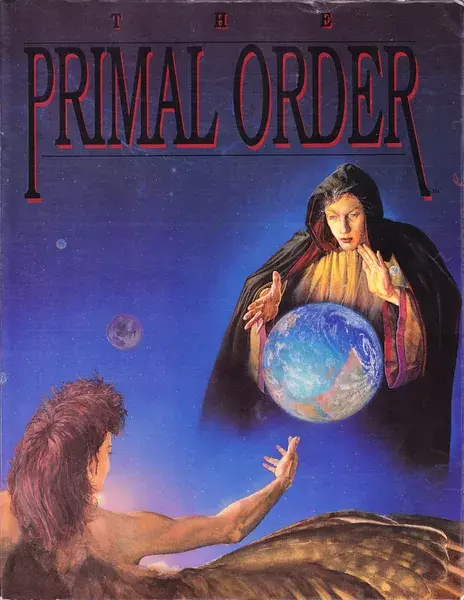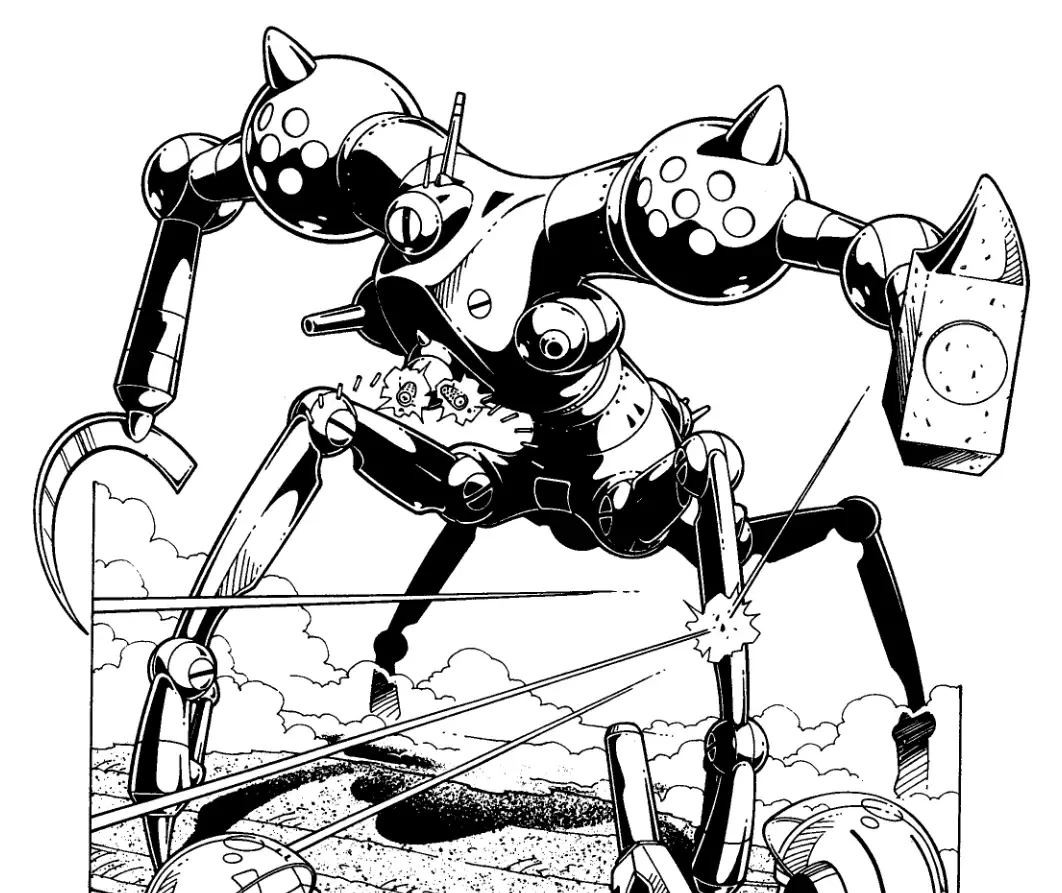::: spoiler There are probably as many takes on this as there are Palladium gamers, but here's mine (spoiler):
Palladium's rules discourage the types of ~~problem-solving~~ conflict resolution that games like D&D require, but they do so (and this is important) without explicitly saying so.
There are plenty of alternative systems that go out of their way to de-emphasize the things that make D&D what it is. Some of them are even fun, worthy games in the niche they represent. But many of them (especially the more fashionable ones) are extremely preachy about it. By contrast, Palladium presents itself in very much the same way as D&D (you play heroes who fight bad guys, etc.) while using different game mechanics.
Most of the hate Palladium gets from RPG reviewers online arises from this. The reviewers who are into min-max-crunch can't understand why Palladium hasn't streamlined its combat rules, balanced its classes, and otherwise tried to do everything that D&D has tried to do with its endless revisions. The reviewers who like fluff want to be preached at about "immersive storytelling" (and, though they'd be loathe to admit it, how playing that game instead of D&D will get them laid). Because Palladium fails to give either side what they want, it gets smeared as slow and clunky by min-max-crunch nerds, and as neck-beardy and cringe-inducing by vampire-fetish drama geeks.
To really get what sets Palladium apart, in my opinion, requires looking at the table for rewarding experience. Most of what's on there is about making plans, solving problems, and putting others before yourself. There's even an explicit reward for "Avoiding unnecessary violence."
By itself, that's not that unusual; lots of games (other than D&D) emphasize non-violence. The real difference is in Palladium's treatment of the very thing that those experience rules discourage, dedicating a massive portion of its rules to an extremely fine-grained bullet-time treatment of combat. Min-max-crunch nerds hate this, and the Palladium system by extension, because it makes combat less fun. Vampire-fetish drama geeks hate it because it doesn't provide detailed systems for the non-combat things they want to focus on.
But that is exactly the point. Combat is meant to be less fun than sneaking around, using wits and skills, and solving problems in less-obvious ways than kicking in the door. That being said, combat remains the focus of the mechanical rules, because to shift focus off violence would not only be counter-productively preachy, it would also encourage a min-max mindset with regard to whatever the rules shifted to emphasize instead.


